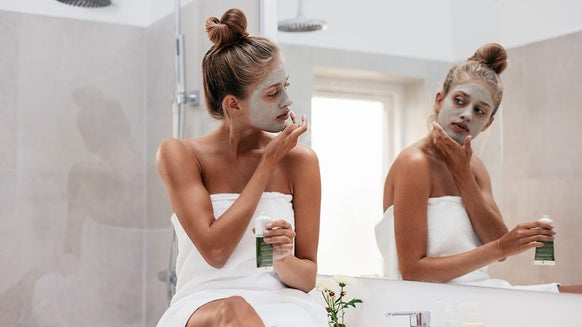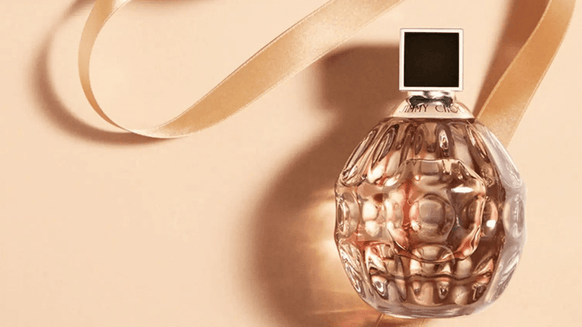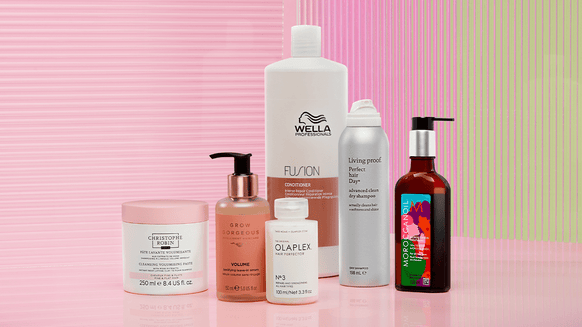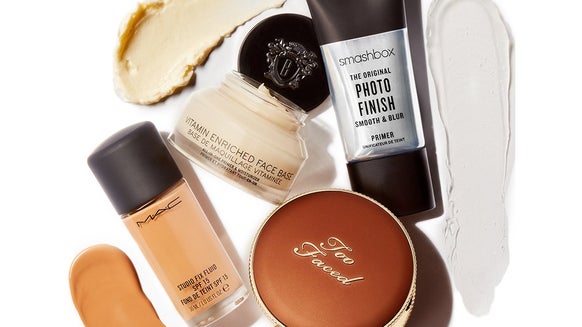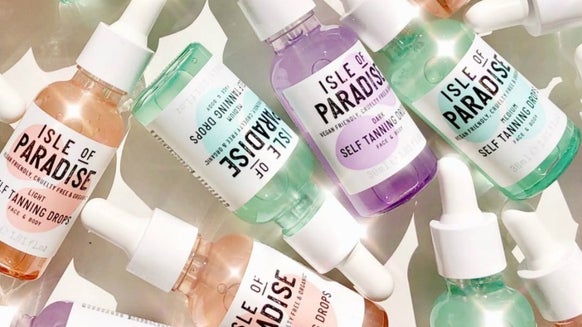An Introduction to Ethical Beauty
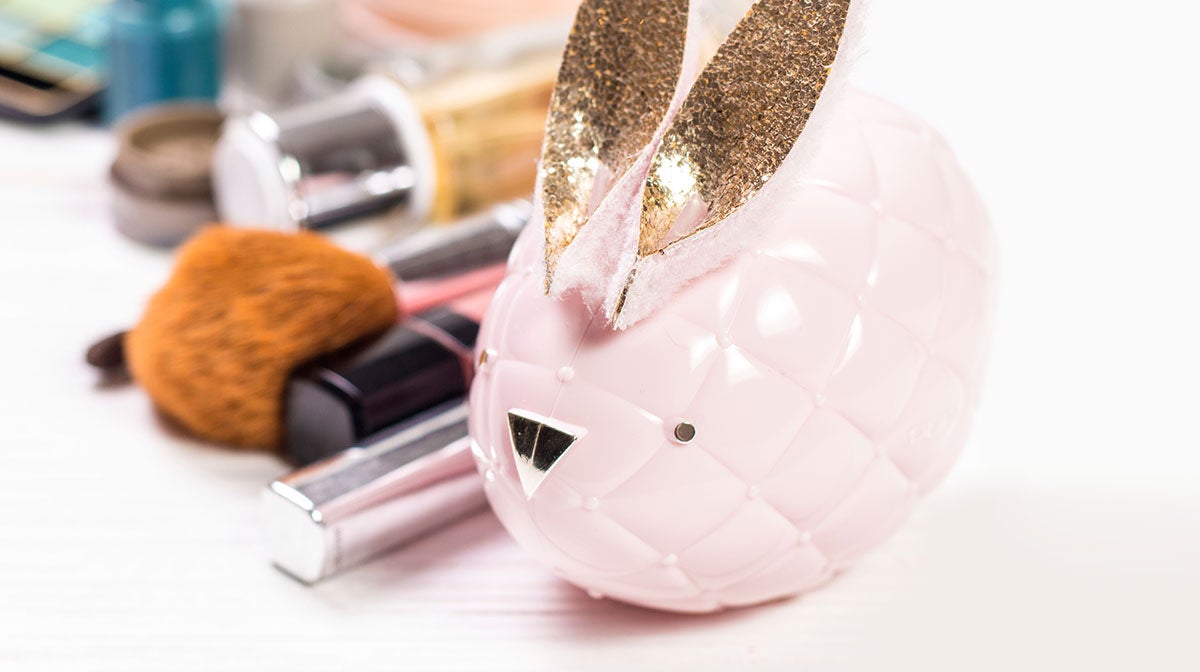
The world of ethical beauty can seem like a daunting place, so today I wanted to create a quick beginner's guide to hopefully help people who want to start making more informed and compassionate beauty choices.
Hasn’t everything been tested on animals?
Let’s face it, virtually every ingredient, even water, has been tested on animals in the past. So when looking for companies who do not test on animals it is important to remember that they are guaranteeing that a product is free of new animal testing. That being said, committing to brands that do not test on animals is a huge step forward in becoming an ethical minded beauty consumer.
3rd Party Animal Testing:
It is also important to understand that products may claim to be "not tested on animals,” but this may only refer to the finished product. The majority of animal testing occurs at the ingredient level and some companies may state “we do not test on animals,” when in fact they merely contract other third party companies to do the testing on their behalf. These kinds of statements are often confusing so it’s best to make sure you thoroughly do your research, (like reading this blog post!), if buying ethically is important to you.
Animal testing by parent companies:
In addition to this, a brand can be completely free of animal testing yet still be owned by a parent company that does test on animals. This is a grey area. Some people have no issue buying from these brands (as technically they do not test on animals themselves), and other people do because the ethical companies’ profits are ultimately going towards a company who does conduct it. The choice is really down to the individual here.
Cruelty Free vs Vegan:
So, what is the difference between ‘cruelty free’ products and ‘vegan’ products?
Cruelty free products guarantee that at no stage of their creation have their products been tested on animals.
Vegan means that they do not contain any animal products or by-products (you might be surprised by the amount and type of products that do!).
This is where it gets a bit tricky though. The true definition of a vegan is someone whoseeks to exclude all forms of exploitation of, and cruelty to, animals for food, clothing or any other purpose. It stands to reason then that a vegan would certainly not want to use a product if it had been tested on animals (even if the product itself is free from animal by-products). Several companies brand their products as ‘vegan’ even though they do conduct animal testing (or are owned by a parent company who does). To me, these products are ‘accidentally vegan’ and are not classed as ethical beauty products. It is easy to see 'Vegan' on packaging and assume that it is cruelty free, so make sure you do your research before buying.
In conclusion, to truly ensure that a product is 100% compassionate to animals, stick to products that state they are both ‘vegan’ and ‘cruelty free’.
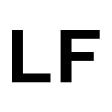
Our team of beauty experts cover everything from makeup to skincare, picking out the most effective products from the best brands and latest trends. Stay up to date on everything beauty with the LOOKFANTASTIC blog, and find all your essentials in one place.

